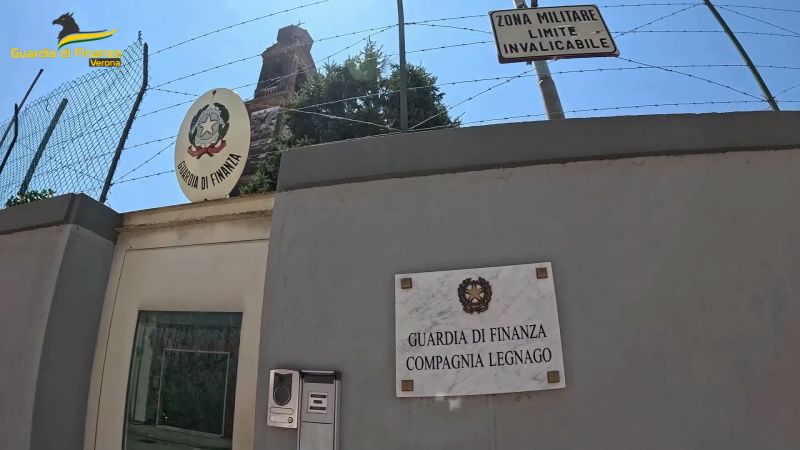Biden maintains he will not enforce TikTok ban, plans to punt to Trump administration
Dozens of Indian nationals in Italy freed from ‘slave-like’ working conditions on farms, police say


Thirty-three Indian farm laborers were allegedly forced to work more than 10 hours a day, seven days a week, for wages of around $4 an hour that were sometimes withheld, a statement from the police said.
The police spokesperson said they also confiscated more than $500,000 in cash and other assets from two Indian nationals suspected of being the gangmasters. The money is believed to be tied to the alleged “sale” of the workers as “low-cost labor,” they said.
This comes as Italian authorities were investigating the death of a 31-year-old Indian national who died after his arm was severed in an accident at a fruit farm in June.
The 33 freed workers were lured to Italy by Indian “brokers” who worked with traffickers in promising people legitimate jobs, the spokesperson said.
The workers had each paid more than 17,000 euros (around $18,500) for travel and for what turned out to be fake seasonal work permits to enter the country, according to the spokesperson. Many of the workers were charged an additional 13,000 euros (around $14,100) in a promise of permanent work permits, according to the police statement.
“To guarantee their total silence and submission, the two Indian subjects took away the passports of the laborers as soon as they arrived in Italy and imposed on them an absolute ban on leaving the dilapidated ‘houses’ in which they were forced to live under threat, several times implemented, of physical retaliation in case of refusal,” the police statement said.
The identities and genders of the freed workers have not been made public.
The financial police said they are now investigating the business relationships the suspected gangmasters had with other entities, including many companies who used the “low-cost labor.”
On Saturday, the Indian embassy in Rome said on X that it was “aware of media reports about Indian nationals working in agricultural farms in Italy.”
“We are in contact with Italian authorities and the Indian community to ensure safety and well being of Indian nationals,” it added.
Italy has a complicated history with labor trafficking. In 2018, the financial police said that at least a quarter of all agriculture related labor was tied to a gangmaster system whereby farm and other labor workers are contracted out by individuals who “own” them. The practice has been illegal since 2016 after a female laborer working under slave-like conditions for little money died.
More than 11 percent of all workers in Italy work in the black market, meaning they are not documented even if they are Italian nationals, and neither they nor their employees pay taxes on the salaries, which serves to enable labor trafficking, according to the police spokesperson.











